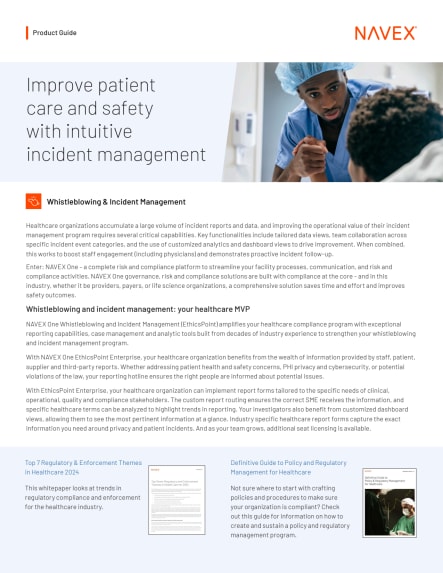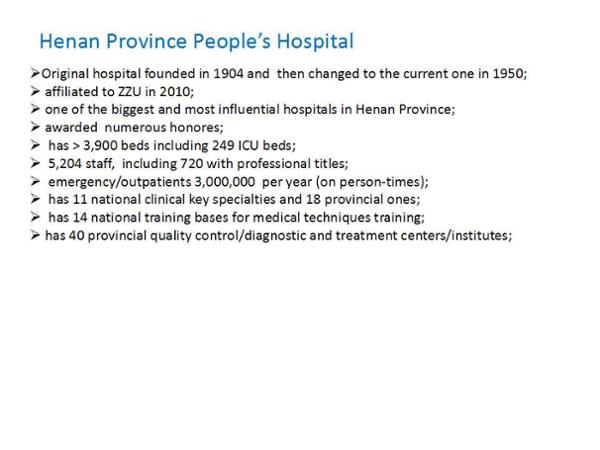In the realm of healthcare, effective communication is paramount to ensuring patient safety, satisfaction, and the overall quality of care. One of the most fundamental aspects of this communication is the accurate translation of medical terms, particularly when dealing with international patients or multilingual staff. The word "hospital" in English, when translated into various languages, holds different connotations and may not always convey the exact same meaning or expectations as it does in its native tongue. This article delves into the significance of understanding and using the correct translation for "hospital" in different contexts, highlighting its impact on patient care, staff efficiency, and cultural sensitivity.
The Multifaceted Meaning of "Hospital"
At its core, the term "hospital" refers to an institution that provides medical and surgical treatment, as well as accommodation for patients. However, when translated into other languages, subtle differences emerge. For instance, in Spanish, "hospital" translates to "hospital," maintaining the same essence. In French, it becomes "hôpital," which retains the original meaning. In Arabic, the term is "مستشفى" (mustashfi), which literally means "place of healing," emphasizing the therapeutic aspect of the institution. On the other hand, in Japanese, the word for "hospital" is "びょういん" (byōin), which carries a connotation of both treatment and care.
The Impact on Patient Care
Miscommunication due to an inaccurate translation of "hospital" can have severe consequences for patients. Imagine a scenario where a patient from a culture that values privacy is misled into believing that their room will be shared with another patient due to a translation error. This could lead to dissatisfaction and a lack of trust in the healthcare system. Conversely, accurately conveying the services offered at a hospital—such as specialized treatments or advanced technologies—in a patient's native language can enhance their understanding and expectations, fostering a more positive experience.
Staff Efficiency and Collaboration
In a multilingual hospital setting, accurate translation of "hospital" is crucial for efficient staff communication and collaboration. Misunderstandings can arise when staff members from different backgrounds misinterpret each other's instructions or expectations due to a lack of clarity in terminology. For instance, a nurse who is not aware of the specific meaning of "hospital" in a patient's language might not provide the appropriate level of care or communication, leading to mistakes or even accidents. By ensuring that all staff members are trained in using accurate translations for medical terms, including "hospital," hospitals can enhance teamwork and ensure that patients receive consistent, high-quality care regardless of their linguistic background.
Cultural Sensitivity and Inclusivity
The correct translation of "hospital" into different languages goes beyond just conveying information; it also respects and acknowledges cultural differences. For instance, some cultures may have a more holistic view of health and well-being, which may influence their expectations of a hospital visit. By using translations that reflect these cultural nuances, hospitals can create an environment that is not only medically sound but also emotionally and spiritually supportive. This approach fosters a sense of belonging and promotes healing for patients from diverse backgrounds.
Adapting to Technological Advancements
With the advent of digital healthcare platforms and telemedicine services, accurate translations of "hospital" and other medical terms become even more crucial. Patients and healthcare providers may interact through online portals, video consultations, or mobile apps. Ensuring that these platforms offer language options that accurately translate "hospital" and other medical terms into various languages can bridge the communication gap and make these services accessible to a wider audience. This not only expands the reach of healthcare but also promotes inclusivity and equity in healthcare delivery.
Conclusion
In conclusion, the accurate translation of "hospital" into different languages is a vital aspect of ensuring effective communication in healthcare settings. It not only impacts patient care and staff efficiency but also fosters cultural sensitivity and inclusivity in healthcare delivery. As healthcare systems continue to evolve and adapt to new technologies and globalization trends, it is imperative that we prioritize the use of precise translations that convey the true essence of medical terminology in various languages. By doing so, we can create an environment where every patient feels heard, understood, and cared for, regardless of their linguistic background or cultural heritage. The journey towards better healthcare begins with understanding and respecting the words we use to describe it.
















 京公网安备11000000000001号
京公网安备11000000000001号 京ICP备11000001号
京ICP备11000001号
还没有评论,来说两句吧...